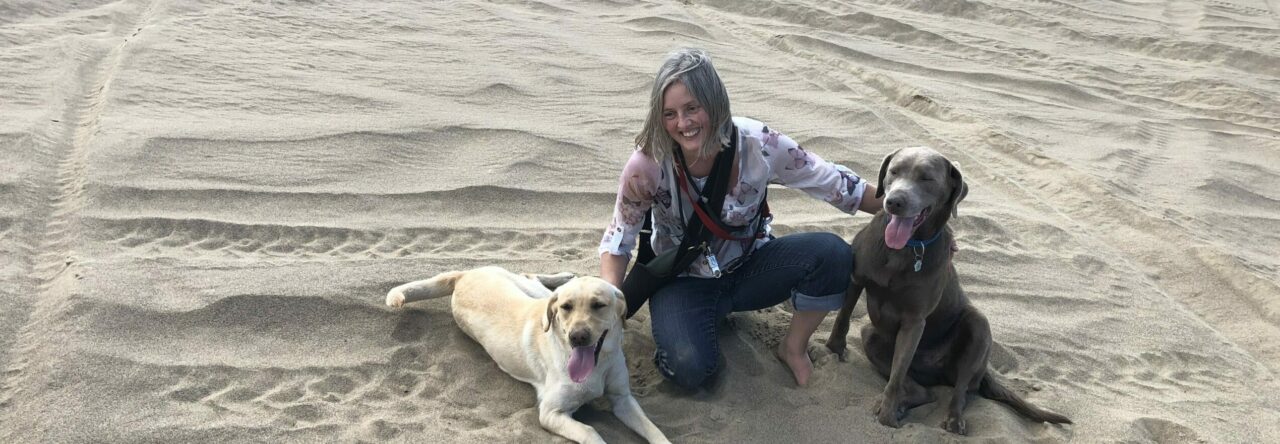Workshops Attended:
BCTF Classroom Management workshop – January 11, 2022
BCTF Managing Conflict workshop – January 25, 2022
January 25th, 2022 event with Dr. Stephanie Stollar – Unpacking the Science of Reading: Defining Guide.
January 28, 2022 event with Katie White – Finding Balance in a Shifting Assessment Landscape – Assessment Centre Solution Tree
Summary of connection for me:
My professional development webinars this week were both quite intriguing and I feel that there are never enough hours in a day to dive as deeply into a topic as you would like, especially when it involves neuroscience and being an effective teacher.
The first webinar was based on the “Science of Reading” and my main take away was with regards to what we know about how an individual learns to read, and also, what we know about how they fail to learn to read. We know that the skill of reading is not something that we are all inevitably born with and it doesn’t just happen. There are a series of steps involved in learning to read (requiring phonemic awareness), from understanding and recognizing letters, to connecting the sounds of the letters, to stringing them together into words and having a context for the words (understanding their meaning and how we connect with that meaning). We have seen, with the statistically increasing numbers of students in the secondary years that can’t read, that the current and recent past methods of teaching reading (eg. Three-Cueing system) are not working. Why then, is this method still in practice? Interesting topic to ponder.
The second webinar that I was very privileged to experience was so inspirational. Katie White shared some amazing and practical ways to increase the value of assessments. By value, I mean the true goal of assessment: to “build confidence and be accurate,” which, together, will foster growth in the individuals we are teaching as well as our teaching abilities and effectiveness. Creating specific and focussed assessments that actually measure growth in each competency (ie. able to adjust, be flexible and show proficiency over time), while also considering the associated content. She also explained how portfolios were a very good way for students to show growth in competency over time in multiple scenarios instead of one static moment in time. Accurate assessments, that foster growth and build confidence are the end goal, but, this requires planning and trial in real situations where we have the opportunity to improve our methods and grow with our students.
